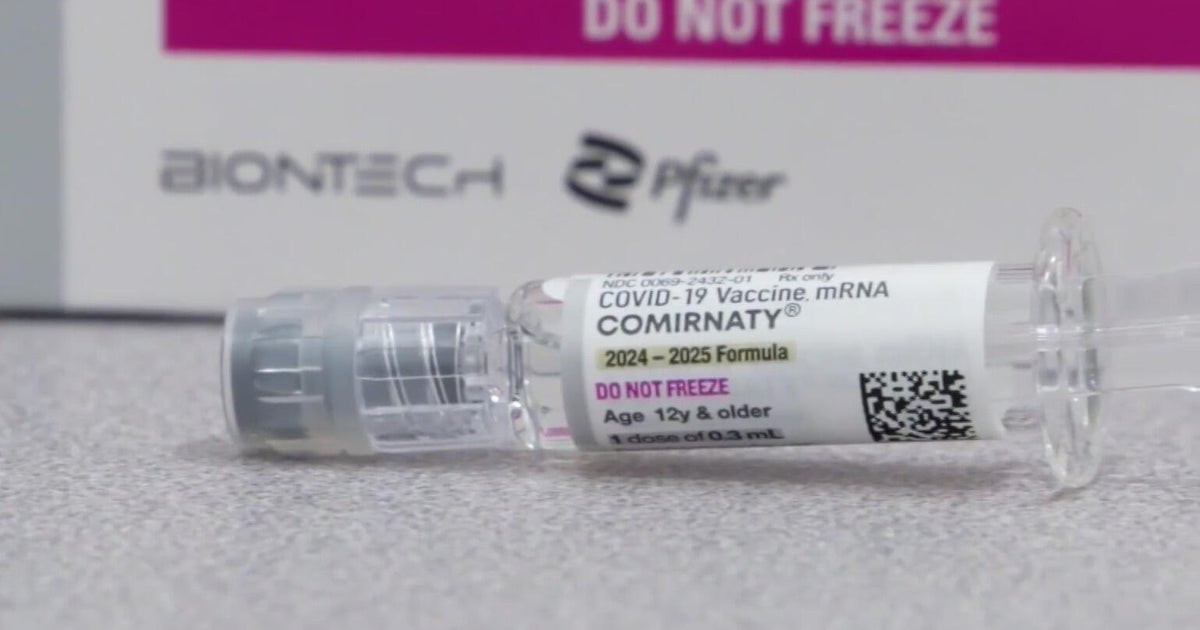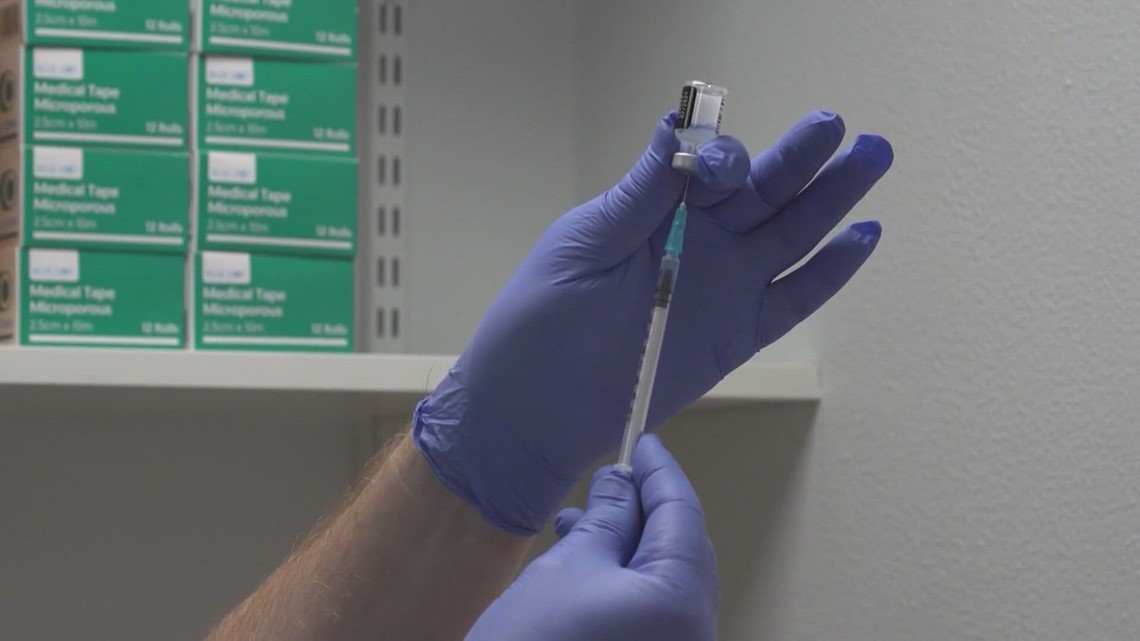Breaking: Congress Moves to Modernize Pilot Mental Health Screening with Landmark Legislation

In a landmark move, the U.S. House of Representatives has unanimously approved groundbreaking legislation that demands a comprehensive transformation of the Federal Aviation Administration's outdated pilot mental health regulations. The bipartisan bill aims to modernize and improve the current screening processes, addressing long-standing concerns about pilot psychological evaluations.
Lawmakers unanimously supported the measure, signaling a critical step toward enhancing aviation safety and recognizing the importance of mental health in the high-stress environment of commercial aviation. The proposed overhaul would replace existing rules that many experts consider rigid and insufficient for assessing a pilot's psychological fitness to fly.
The legislation comes in response to growing calls from aviation safety advocates, mental health professionals, and industry experts who argue that the current mental health screening protocols are fundamentally flawed and fail to provide a comprehensive assessment of a pilot's psychological well-being.
By pushing for sweeping reforms, Congress hopes to create a more nuanced, compassionate, and scientifically robust approach to evaluating pilots' mental health, ultimately ensuring the safety of passengers and crew members across the nation's aviation industry.








